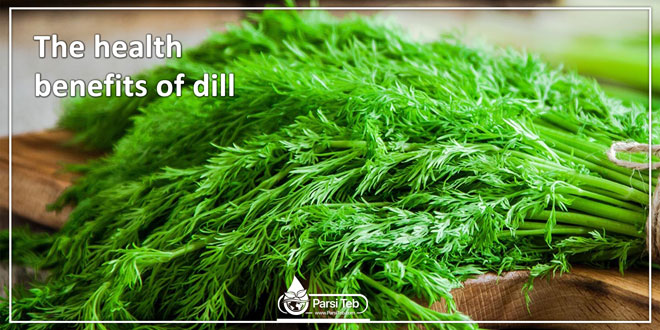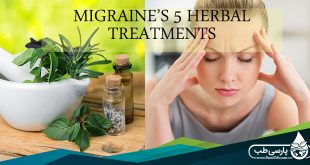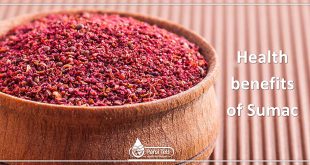The health benefits of dill
The health benefits of dill include good digestion, relief from insomnia, hiccups, diarrhea, dysentery, menstrual disorders, respiratory disorders, cancer, etc. It is also good for oral care.
Dill, scientifically known as Anethum Graveolens, has been in use in culinary and in medicines for ages. Both seeds and the leaves can be used. Apart from giving a strong tangy, appetizing flavor, and taste, dill has many medicinal properties, which mainly come from certain compounds called Monoterpenes, Flavonoids, minerals, and certain amino acids. Let us see where we can use dill.
The health benefits of dill include:
Digestion: Dill itself is an appetizer and therefore extensively used in culinary. The essential oils present in it are stimulant in nature and activates the secretion of bile and digestive juices. These oils also stimulate the peristaltic motion of the intestine.
Insomnia: Essential oils found in herbs have a peculiar property. They are simultaneously stimulant and sedative or hypnotic, that is, they stimulate as well as pacify. The essential oils in dill are no different. The Flavonoids and vitamin-B complex present in its essential oils, being stimulant in nature, activates the secretion of certain enzymes and hormones which have calmative and hypnotic effects, thereby helping have a good sleep.
Hiccups: Hiccups occur due to various reasons, primarily due to trapping and repeated upward movement of gases through the food pipe and secondarily due to certain allergies, hypersensitivity, hyperactivity, and nervous malfunctioning, etc. Dill can help in all of these situations. Being a carminative, it helps expulsion of gases and also reduces gas formation and being sedative, it helps calm down hiccups due to allergies (which is actually hypersensitivity of the body towards certain foreign elements and bile), hyperactivity, nervous disturbances, etc.
Diarrhea: Diarrhea is caused mainly due to two reasons; indigestion and microbial action. For the first, dill can certainly help as it has very good digestive properties. For the second, it can help again since the Monoterpenes and Flavonoids present in its essential oils are germicidal or bactericidal in nature and can help cure diarrhea by inhibiting microbial infections.
Dysentery: Dysentery is primarily caused due to fungal infections. Here too, dill can help as its essential oils are disinfectant in nature and help inhibit fungal infection effectively.
Menstrual Disorders: The Flavonoids in essential oils of dill are stimulant and Emenagogue in nature, that is, they stimulate secretion of certain hormones which in turn help maintain proper menstrual cycles.
Respiratory Disorders: Kaempferol and certain other components of Flavonoids and Monoterpenes in the essential oils of dill are anti congestive and antihistaminic in nature and help clear congestion in the respiratory system due to histamine, allergies or cough.
Oral Care: Dill seeds and leaves are very good mouth fresheners. Apart from that, the essential oils in it are germicidal, antioxidant, and disinfectant in nature. Thus they help end microbial infections in the mouth as well as their antioxidants minimize the damages caused to gums and teeth by the free radicals.
Cancer: Now it is the turn of the Monoterpenes to come under the limelight. These chemoprotective Monoterpenes, being stimulant in nature, activates the secretion of an enzyme called glutathione-S-transferase (the radical glutathione is an effective antioxidant) which is very effective in neutralizing carcinogens, particularly Cyano- and Benzo- derivatives and free radicals, thereby protecting from cancer. The other antioxidants in essential oils of dill also contribute to this.
Other Benefits: Dill is a relaxant, fortifying (strength-giving), diuretic (increases urination helping removal of toxic substances from the body), carminative (helps removal of gases), antispasmodic (prevents cramps), anti-flatulent, stimulates lactation (galactagogue) and endocrinal secretions, enhances libido due to presence of Arginine and last but not the least, it ensures bone and dental health being a good source of calcium.
 Parsi Teb Physical and Mental Health Journal
Parsi Teb Physical and Mental Health Journal 


